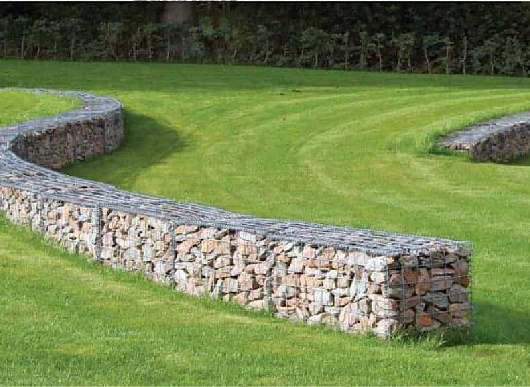Types of Nails in Construction - Comprehensive Guide
9月 . 02, 2024 02:22
Types of Nails Used in Construction
Nails have been a fundamental fastening tool in construction for centuries. With various types designed for specific applications, choosing the right nail can significantly impact the integrity and longevity of a structure. Here’s an overview of some common types of nails used in construction, highlighting their unique characteristics and uses.
1. Common Nails Common nails are one of the most widely used types in construction. They are thick, with a flat head and a large shank, making them ideal for framing, fastening beams, and connecting wood. Common nails are typically available in various lengths and are often galvanized to resist corrosion, making them suitable for outdoor use.
Types of Nails Used in Construction
3. Finishing Nails Finishing nails are characterized by their small heads and slender shanks, which make them perfect for light trimming and finishing work. These nails are designed to be driven into the wood and hidden beneath the surface, allowing for a seamless appearance in cabinetry and molding. Electric nail guns often use finishing nails for quick and precise applications.
types of nails in construction

4. Roofing Nails Roofing nails have a large flat head and are typically made of galvanized steel to resist rust and weather elements. They are specifically designed for securing shingles, felt, or other roofing materials. The head size ensures a secure hold, and the nails are often longer to penetrate through the layers of roofing material effectively.
5. Masonry Nails Masonry nails are crafted from hardened steel and are designed to be driven into concrete, brick, or stone. They feature a thicker shaft and a sharp point to penetrate tough materials. These nails are essential for securing fixtures or materials directly to masonry surfaces.
6. Rail Road Nails Railroad nails are heavy-duty nails used primarily for attaching wooden ties to tracks in railway construction. Their large heads and thick shanks provide maximum strength and stability under the immense pressure of trains.
7. Siding Nails Siding nails are specifically designed for attaching exterior siding materials. They often have a larger head to provide better holding power and may be corrosion-resistant for prolonged exposure to the elements.
In conclusion, the choice of nail in construction not only matters for the strength and durability of the build but also affects the aesthetic finish of the work. Understanding the different types of nails and their specific applications enables construction professionals and DIY enthusiasts alike to make informed decisions, ensuring that their projects are both safe and visually appealing.




















